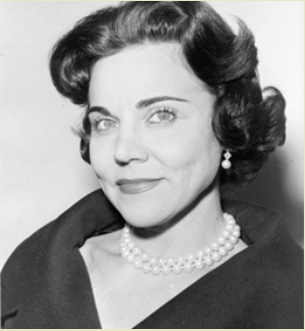Section:
Dear Ann Landers,
Share this Column with Friends
What do you think?
Comments:
A Note from Margo:
Hi! It's Margo here. I'd love to know what you think of the letters -- and the answers!
Also, any additional thoughts you might have. Thanks!
Also, any additional thoughts you might have. Thanks!
Please share your comments below:



